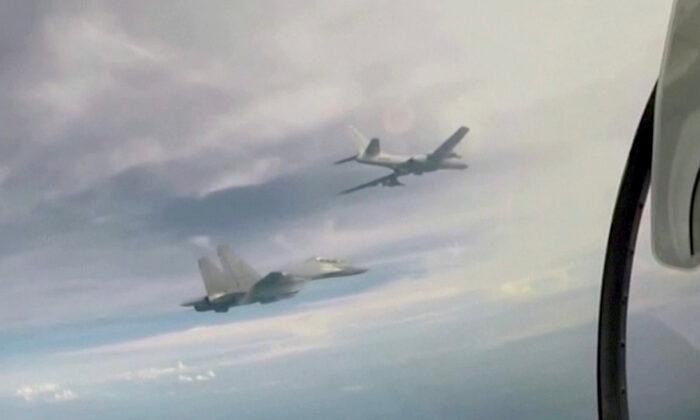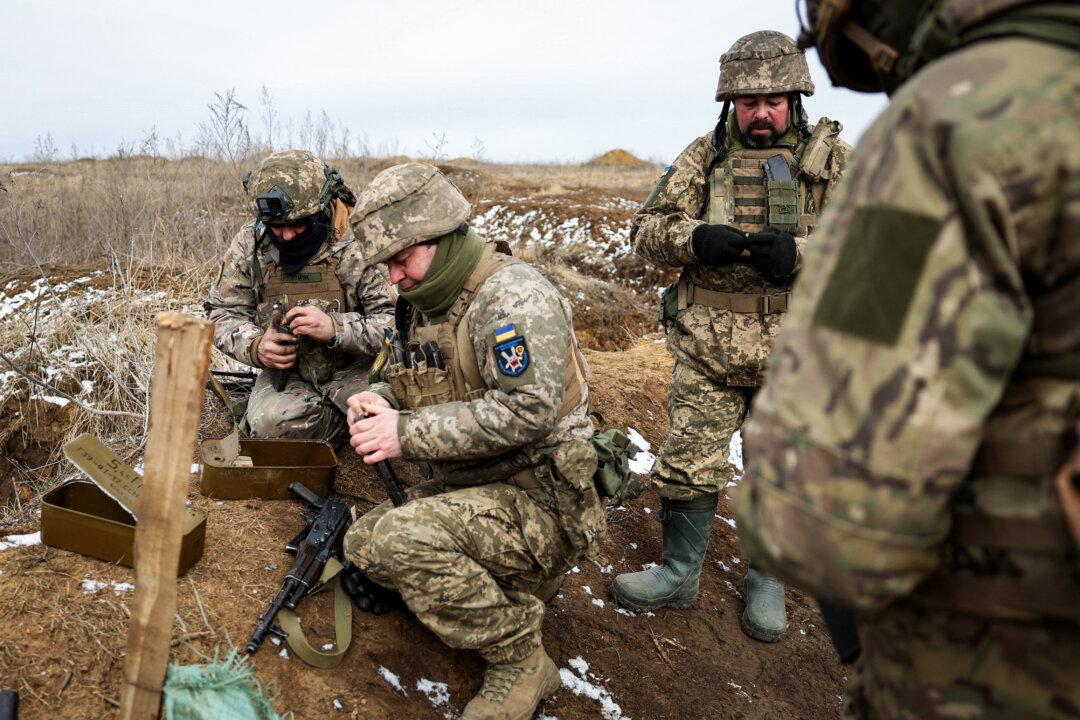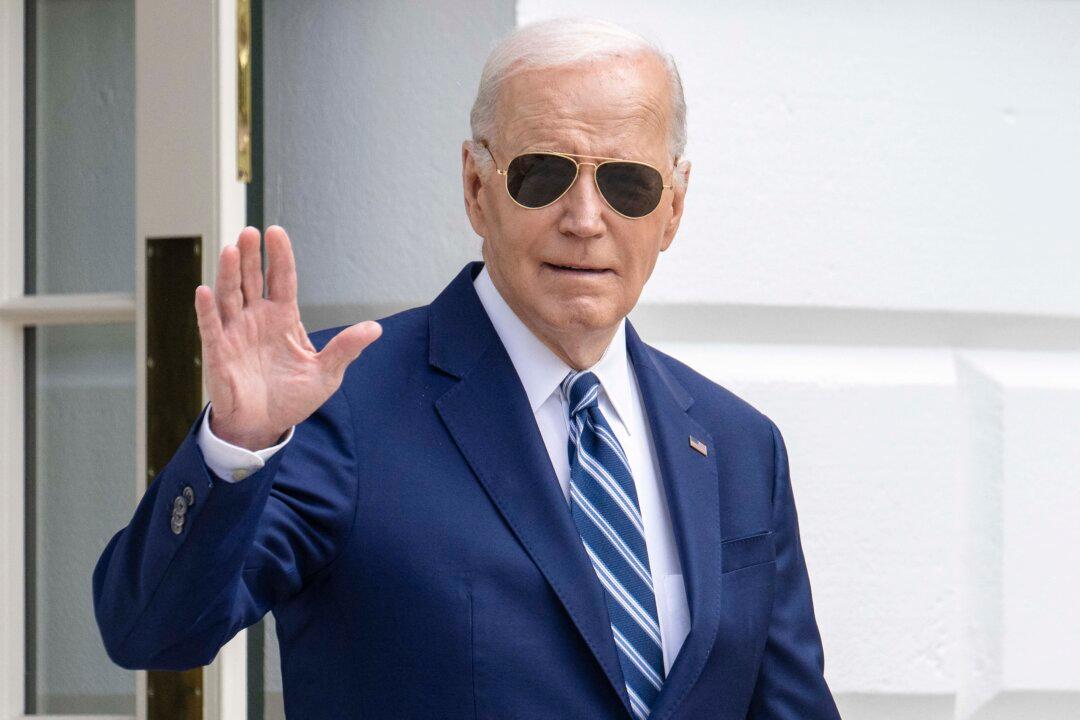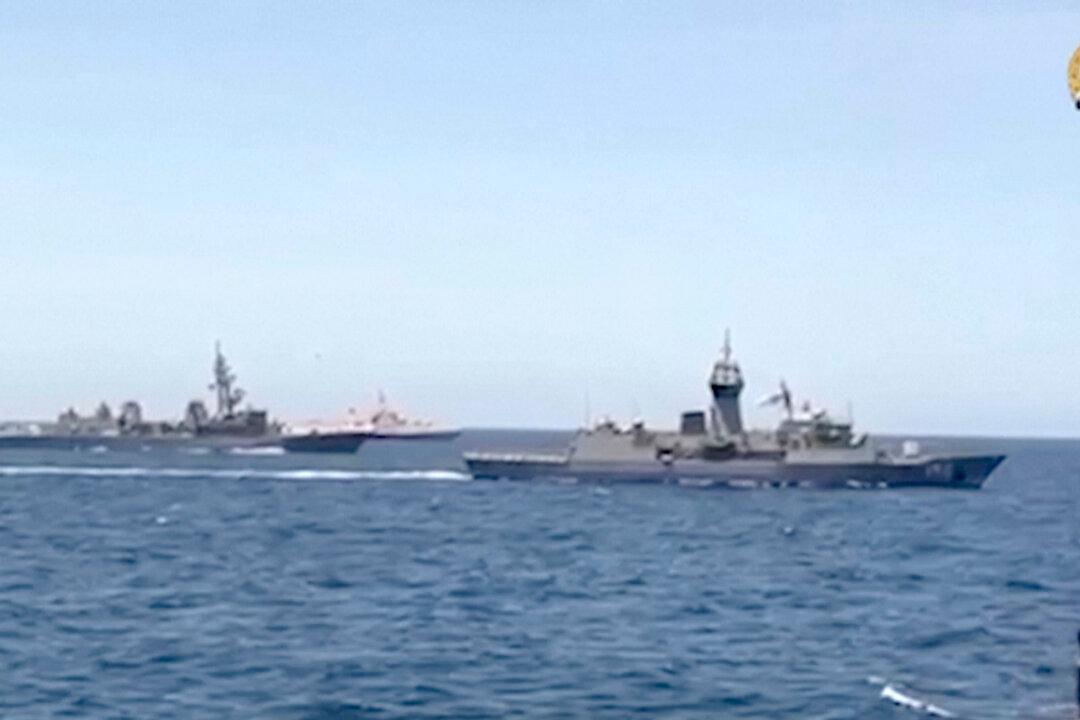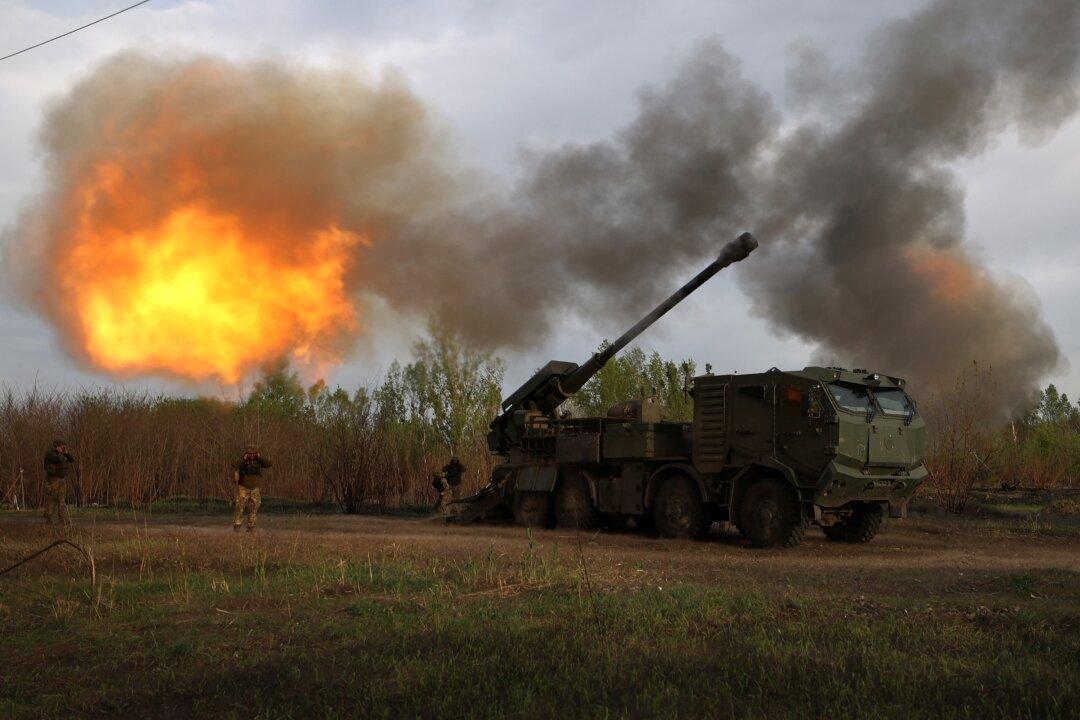The Chinese military is increasing its aggression against the United States and its allies at a dramatic rate, according to a senior Pentagon official.
The Chinese Communist Party’s (CCP) efforts are part of a wider goal to undermine and replace the international rules-based order, according to Ely Ratner, assistant secretary of defense for Indo-Pacific security affairs.
To that end, the CCP’s military wing, the People’s Liberation Army (PLA), has drastically increased its attempts to intercept or otherwise interfere with U.S. and allied units in the Indo-Pacific.
“This is a major problem,” Ratner said during a June 8 talk at the Center for a New American Security think tank.
Ratner’s remarks follow two high-profile incidents in recent weeks in which the PLA and U.S. forces came close to a crisis.
“Not only is it dangerous, but it’s happening in the context of the PLA being unwilling to engage with the United States in military-to-military communications,” he said.
Virtually all attempts to discuss these and similar issues or to have any military communications at all had been repeatedly “rejected and canceled by the PLA,” according to Ratner.
Deliberately ‘Counter-Normative’
Ratner appeared to agree with that assessment, saying the crisis-seeking behavior of the CCP was a deliberate effort to undermine the legitimacy of normative international relations and the stability and peace it provides.“This is counter-normative behavior,” he said. “It’s dangerous. It’s risky. And it tempts an incident that could lead to some kind of crisis or conflict.”
The idea that the CCP is intentionally seeding a crisis isn’t altogether new.
Then-CCP leader Jiang Zemin subsequently declared Wang a “guardian of the seawaters and airspace,” and CCP propaganda celebrated him as a “revolutionary martyr,” forever enshrining his actions in the cultural lexicon of Chinese communist tactics.
PLA aggression against allied forces has experienced a resurgence under CCP leader Xi Jinping, with the regime harassing forces from the United States, Canada, Australia, Japan, the Philippines, and others.
An increasing number of these incidents have gone well beyond unsafe flying and approached outright hostility.
The move significantly damaged the aircraft’s engines and jeopardized the lives of its crew.
CCP Obfuscates Causes of Confrontation
The CCP often attempts to develop propaganda around these incidents, accusing the United States and its allies of provoking the regime by flying near China.However, what the regime doesn’t acknowledge publicly is that the allied aircraft are often there because the CCP wanted them there.
In numerous instances, the CCP intercepted and harassed allied aircraft that were “in the act of doing operations enforcing U.N. Security Council resolutions ... that Beijing voted for,” according to Ratner.
In other words, the CCP voted to have U.S. and allied aircraft in the region, then used their presence in the region to justify aggression against them.
In other instances, the regime appears to have intercepted aircraft to prevent them from finding evidence of its own crimes.
Such was the case of the aforementioned Canadian aircraft which, at the time of the CCP aggression, was conducting a U.N. mission to investigate reports that Chinese ships were violating international sanctions by illegally delivering oil to North Korean vessels at sea.
Regardless, Ratner said the United States and its allies will continue to operate in the region in accordance with international law.
“We’re not going to be intimidated or deterred by this kind of behavior,” he said.
PLA Preparing for Taiwan War
The CCP’s campaign of military aggression in the Indo-Pacific may also serve another aim of the regime: to clear the path for an invasion of Taiwan.Taiwan has a robust democratic government and a thriving market economy.
Rep. Michael McCaul (R-Texas), chair of the House Committee on Foreign Affairs, believes that the CCP’s aggression against U.S. and allied forces is directly related to the regime’s ambition to conquer Taiwan.
“It’s clear the CCP has its sight set on Taiwan and is bullying the U.S. and its allies to discourage us from standing by our democratic partner,” he told The Epoch Times.
Although the United States has continued to perform transits of the region undeterred, McCaul said the Biden administration’s consistent attempts to try to end the communications blackout and its failure to respond in kind would only invite more aggression.
“I’ve always said that weakness welcomes aggression, and the Biden administration’s weakness in begging the CCP for talks will only embolden the CCP to act more aggressively toward Taiwan, our other democratic Indo-Pacific allies, and U.S. presence in the region,” he said.
For its part, the White House acknowledged that CCP aggression in the region is growing, but it has reiterated it'll pursue communications with the regime to prevent a catastrophic miscommunication.
“We urge [the CCP] to make better decisions about how they operate in international airspace and sea space. Whether they acknowledge those rules of the road or not, they are the rules of the road.”
